Iran asked Iraqi Kurdistan to extradite terrorists: IRGC general
A commander of the Islamic Revolution Guards Corps (IRGC) says Iran has already asked Iraq’s semi-autonomous Kurdistan Region to dismantle terrorist groups and hand over terrorists to the Islamic Republic.
“We have compiled clear files about terrorists hosted by the Iraqi Kurdistan Region and we have called for their extradition to Iran,” the commander of Hamzeh Seyed al-Shohada Base, Brigadier General Mohammad Taqi Osanlou, told Lebanon’s al-Mayadeen on Friday.
If authorities in Iraqi Kurdistan hand over these “wanted terrorists” to Iran as soon as possible, the [security] situation will improve, he added.
The remarks come as the IRGC has on numerous occasions targeted the positions of terrorist groups operating near the country’s western borders in Iraq’s semi-autonomous Kurdistan Region. The latest of such attacks was reported on November 14.
Tehran names hostile activities of counterrevolutionary groups that are hosted by the Iraqi Kurdistan Region as one of the reasons behind recent violent riots in the country. Various reports also indicate that terrorist groups have been engaged in smuggling weapons to Iran to instigate insecurity.
Osanlou said that some 23 meetings have been held with Iraqi officials to solve the issue diplomatically, stressing that Iran has highlighted the need to push away terrorist groups from its borders.
Borders in the west of the country are under the constant watch of Iranian armed forces, he said, adding, “Unfortunately, there are some movements in Iraqi borders that lead to instability.”
Iran has already asked the Iraqi Kurdistan to dismantle terrorist groups but “no cooperation has yet been offered on the issue,” added the commander.
Terrorist groups within Iran’s reach
Pointing to the IRGC’s powerful intelligence surveillance over the Iraqi Kurdistan Region, he said the military force was well capable of targeting a leader of the terrorist group but refrained from doing so because he was being accompanied by his family.
The IRGC also managed to target a terrorist leader who was injured and transferred to a hospital in Erbil, the provincial capital of Iraq’s Kurdistan Region, he said.
“We can reach terrorist groups wherever they are,” he said, noting that the IRGC could target houses that host terrorists.
Iran has on countless occasions warned Iraqi Kurdistan’s local authorities that it will not tolerate the presence and activity of terrorist groups along its northwestern borders, saying the country will give a decisive response should those areas become a hub of anti-Islamic Republic terrorists.
Since September 24, the IRGC has been targeting terrorist bases in Iraq’s Kurdistan Region, amid reports that terrorists sought to ignite riots and unrest in Iran’s western border cities.
Iran has on countless occasions warned Iraqi Kurdistan’s local authorities that it will not tolerate the presence and activity of terrorist groups along its northwestern borders, saying the country will give a decisive response should those areas become a hub of anti-Islamic Republic terrorists.
In a letter to the UN Security Council last week, Tehran clarified that operations against hostile terror groups based in the Iraqi Kurdistan aim to defend the country’s national security, urging the central Iraqi government to shoulder its responsibility to maintain effective control over its entire territory and internationally-recognized borders.
The country, it added, has recently launched “necessary and proportionate military operations” against terrorist groups’ bases in the Iraqi Kurdistan Region, which were “meticulously planned and precisely targeted terrorist locations.”
The return of Donald Trump to power
Occupied US bases in eastern Syria hit by rocket fire
Iran warns of 'proportionate' response as Europe submits IAEA resolution
Nov. 19: ‘Axis of Resistance’ operations against Israeli occupation
Enemy to come after Iran, Saudi Arabia, Turkey if Palestine falls: Fmr. IRGC chief
Iran’s defense chief in Venezuela, calls for activating numerous inactive capacities
PM Sudani slams Israeli letter to UNSC as ‘pretext to justify aggression against Iraq’
‘Complicit in genocide’: Canada protesters stage sit-in at factory selling weapons to Israel


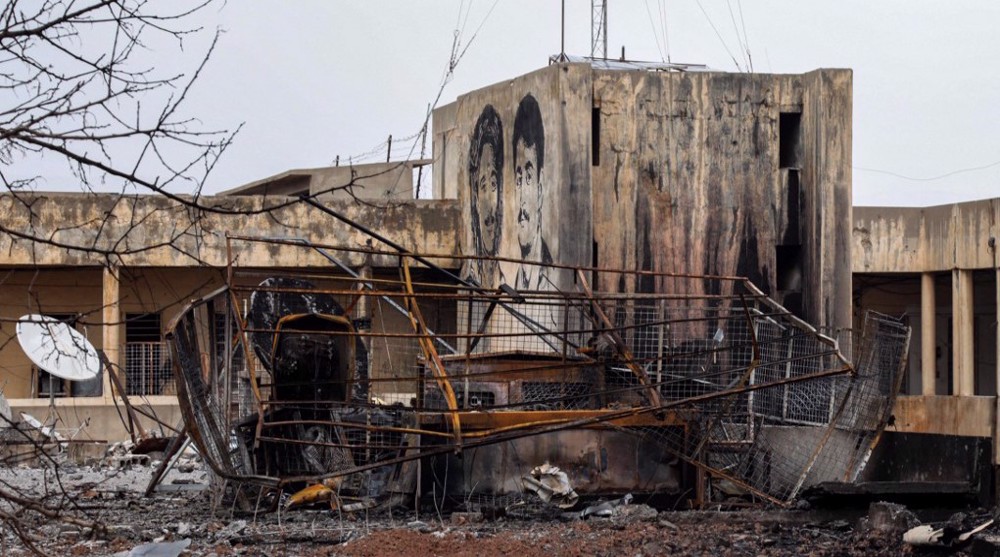
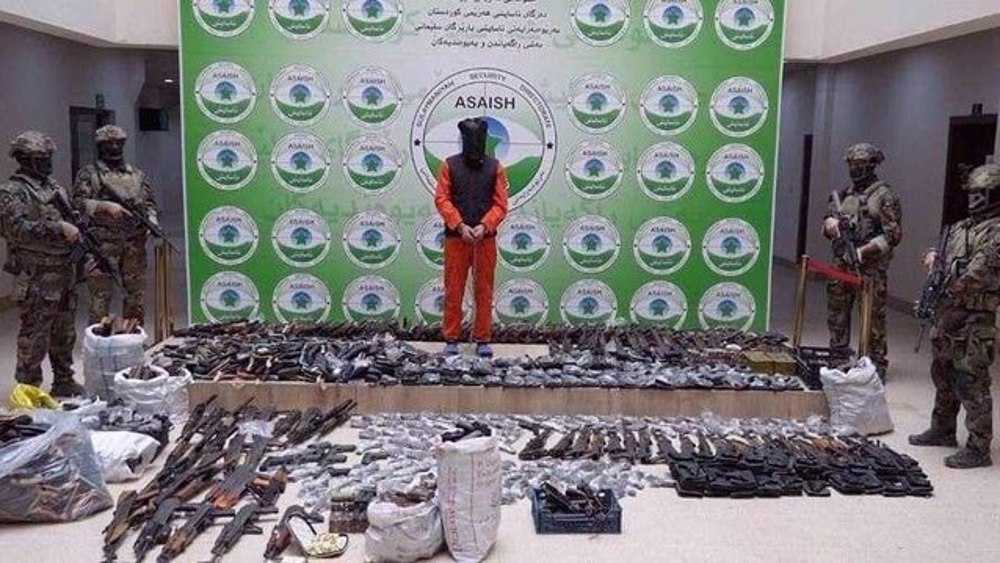
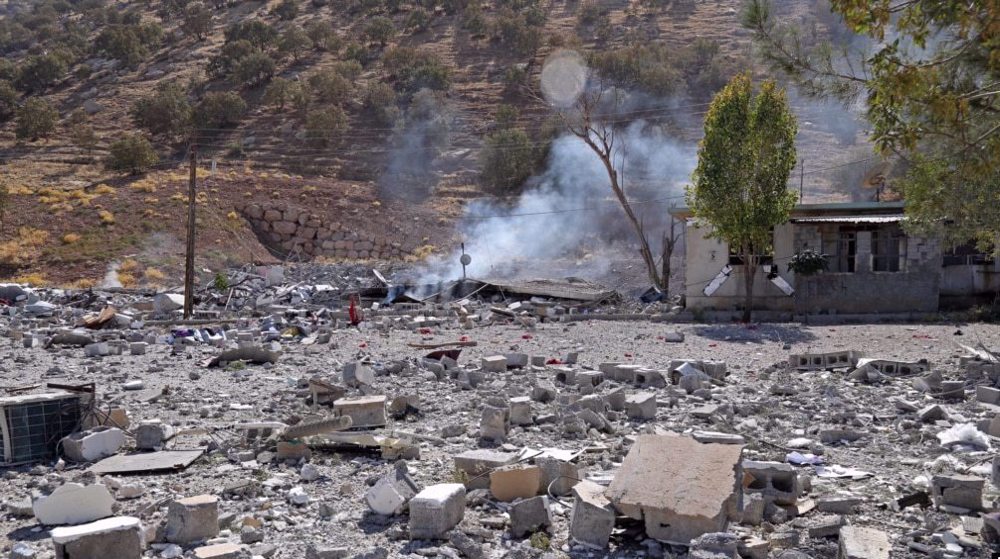
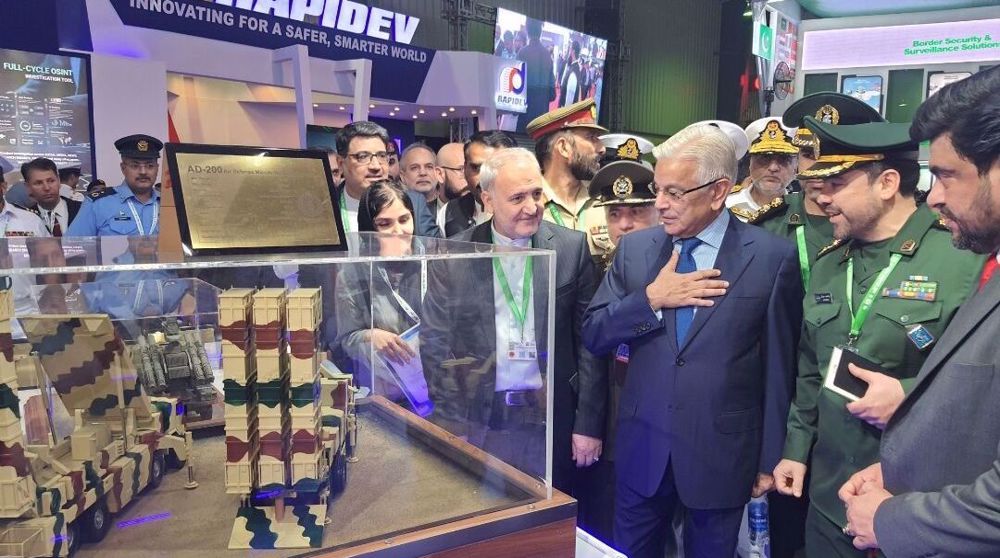
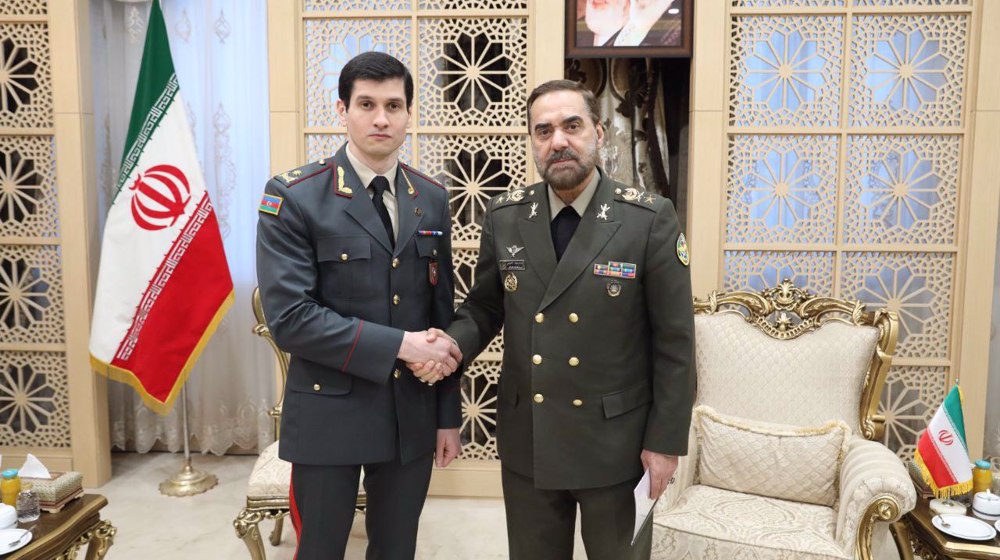
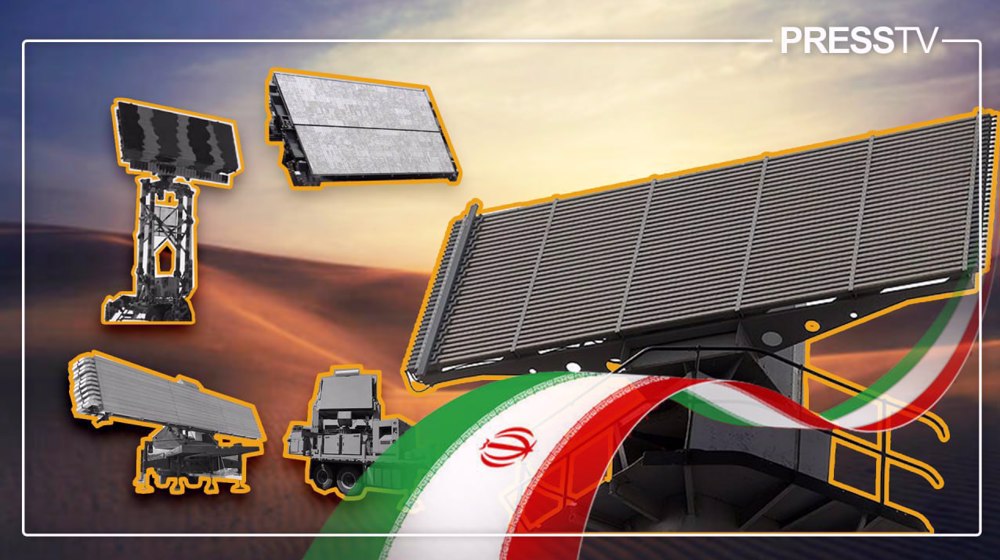



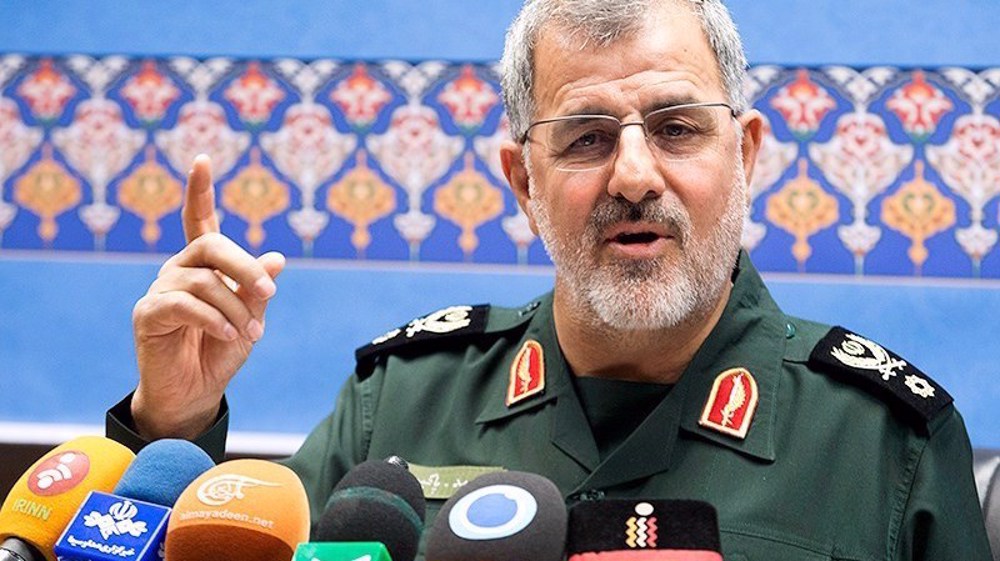
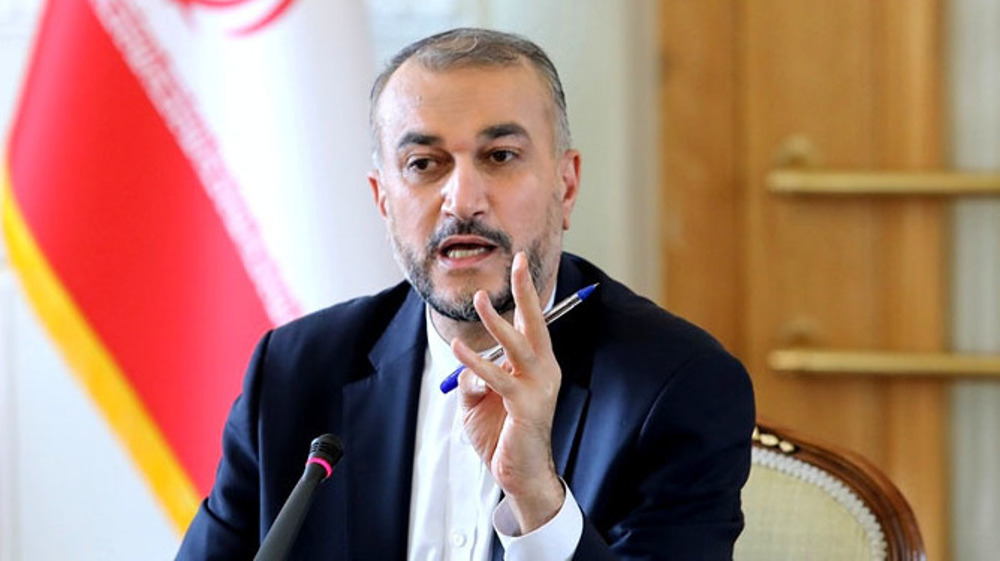
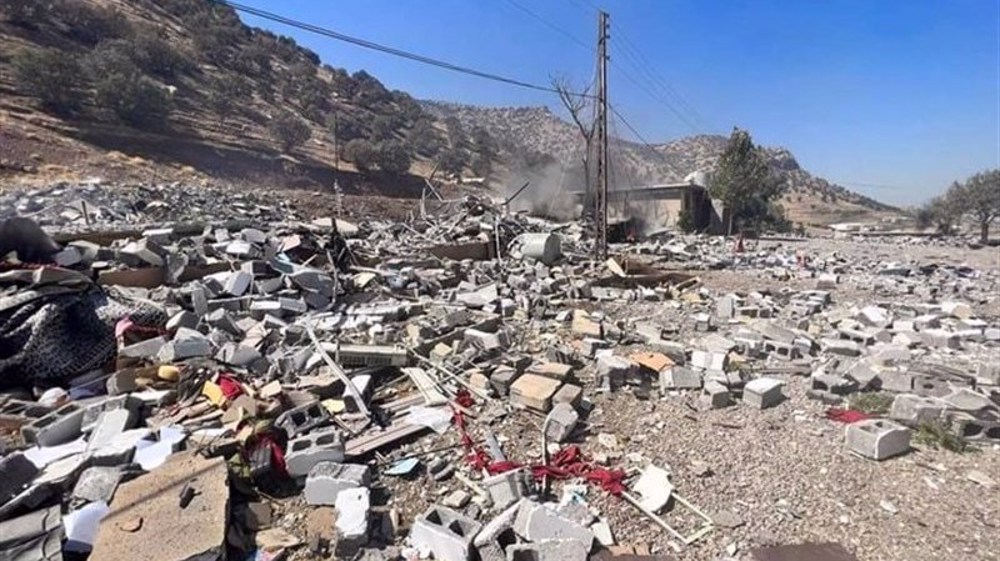
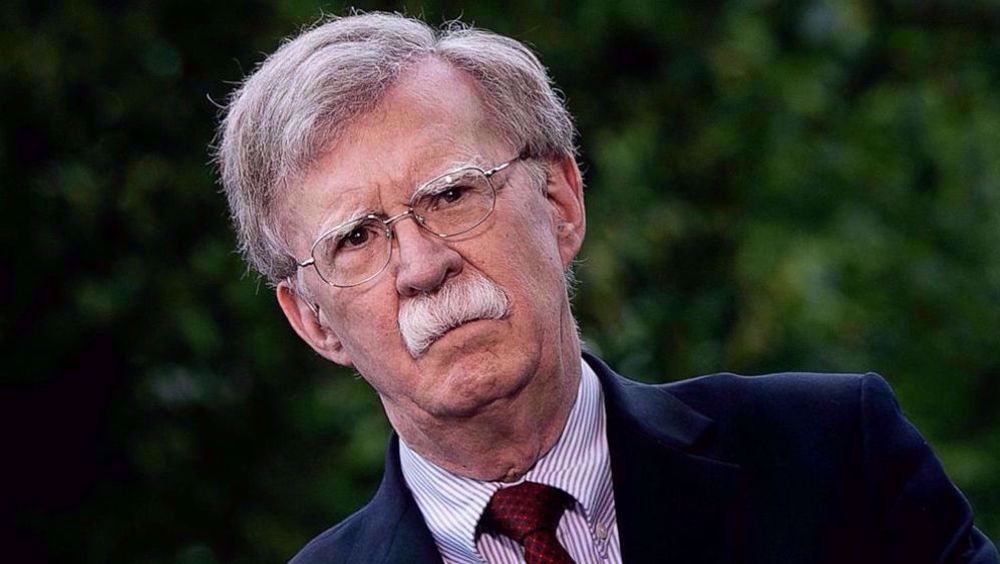

 This makes it easy to access the Press TV website
This makes it easy to access the Press TV website